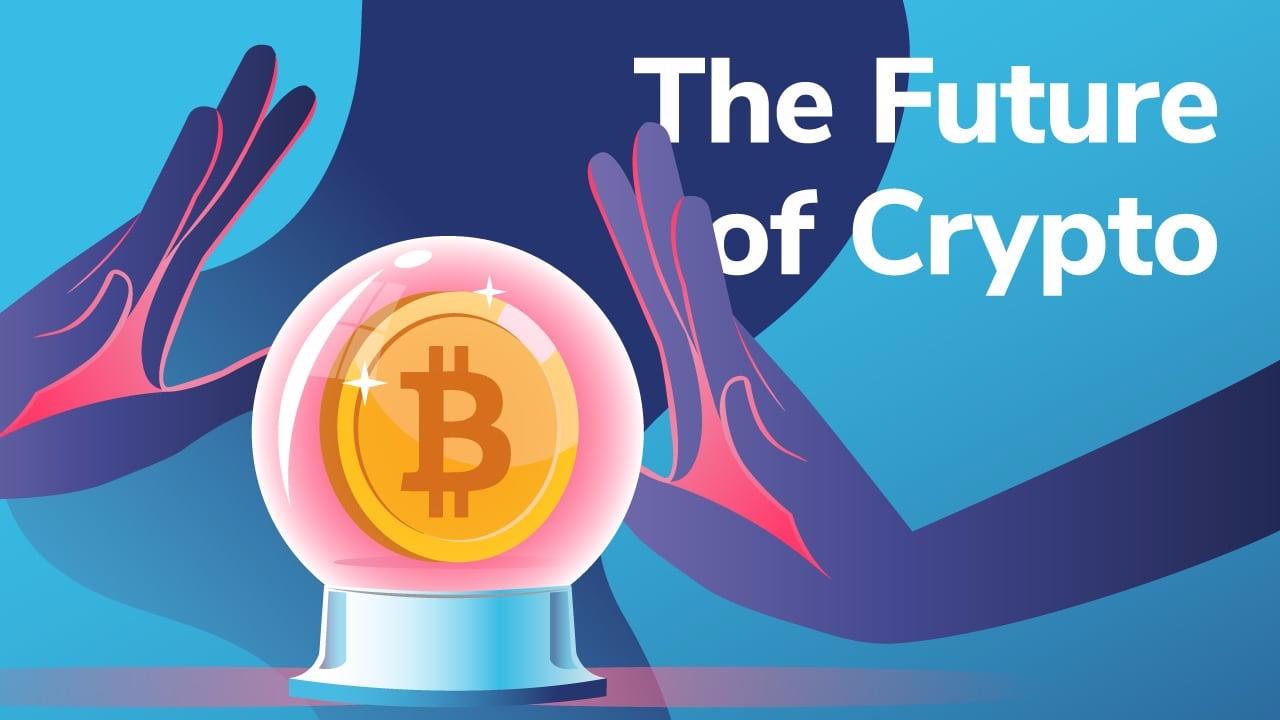In recent years, blockchain technology and cryptocurrencies have gained significant attention for their potential to transform various industries. But what exactly are they, and how do they work? This guide will provide you with a clear understanding of these technologies, their benefits, and their impact on the future of finance.
What is Blockchain?
Blockchain is a decentralized digital ledger that records transactions across a network of computers. Each transaction, or "block," is linked to the previous one, forming a "chain." This structure ensures the security and integrity of the data.
Key Features of Blockchain:
- Decentralization: No single entity controls the blockchain. Instead, multiple participants (nodes) validate transactions.
- Immutability: Once a block is added to the chain, it cannot be altered without changing all subsequent blocks.
- Transparency: All transactions are visible to participants, promoting trust and accountability.
Image Idea: Diagram illustrating how blocks are linked together in a blockchain.
What are Cryptocurrencies?
Cryptocurrencies are digital or virtual currencies that use cryptographic techniques for security. They operate on blockchain technology and are typically decentralized, meaning they are not controlled by any government or financial institution.
Popular Cryptocurrencies:
- Bitcoin (BTC): The first and most well-known cryptocurrency, created by an anonymous person or group known as Satoshi Nakamoto.
- Ethereum (ETH): A blockchain platform with smart contract functionality, allowing for decentralized applications (dApps).
- Ripple (XRP): Designed for fast and low-cost international payments.
Image Idea: Icons or logos of popular cryptocurrencies like Bitcoin, Ethereum, and Ripple.
How Do Cryptocurrencies Work?
Cryptocurrencies use blockchain technology to enable peer-to-peer transactions without the need for intermediaries. Here's a simplified process:
- Transaction Initiation: A user initiates a transaction by sending cryptocurrency to another user.
- Transaction Verification: The transaction is broadcasted to the network and verified by miners or validators.
- Block Creation: Verified transactions are grouped into a block.
- Block Addition: The block is added to the blockchain, and the transaction is complete.
Image Idea: Flowchart showing the steps of a cryptocurrency transaction from initiation to completion.
Benefits of Blockchain and Cryptocurrencies
- Enhanced Security: The decentralized nature of blockchain makes it highly secure against hacking and fraud.
- Reduced Costs: Eliminating intermediaries can lower transaction fees and processing costs.
- Increased Transparency: Blockchain’s transparency can improve accountability and trust.
Image Idea: Infographic highlighting the key benefits of blockchain and cryptocurrencies.
Challenges and Considerations
- Regulatory Uncertainty: Different countries have varying regulations regarding cryptocurrencies, which can impact their use and adoption.
- Scalability: As the number of transactions increases, blockchain networks may face scalability issues.
- Volatility: Cryptocurrency prices can be highly volatile, which can pose risks for investors.
Image Idea: Chart or graph showing cryptocurrency price volatility or regulatory maps.
The Future of Blockchain and Cryptocurrencies
The future of blockchain and cryptocurrencies holds exciting possibilities. With ongoing advancements and increasing adoption, these technologies could revolutionize finance, supply chain management, and various other sectors. Staying informed about developments in this field can help you navigate the evolving landscape of digital finance.

Image Idea: Futuristic concept image illustrating the potential impact of blockchain and cryptocurrencies on various industries.
Conclusion
Blockchain and cryptocurrencies are more than just buzzwords; they represent a paradigm shift in how we think about and conduct transactions. By understanding the fundamentals of these technologies, you can better appreciate their potential and stay ahead in the digital finance world.
Feel free to share your thoughts and questions about blockchain and cryptocurrencies in the comments below!


